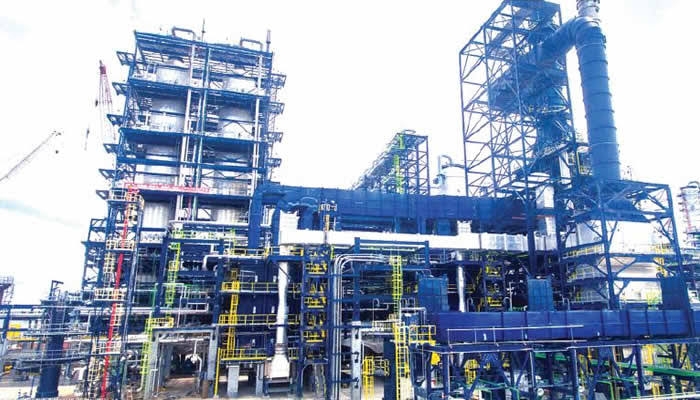June 24, 2025
Israel and Iran agree on ceasefire to end 12-day war, Trump announces
in News
by Super User
…
June 24, 2025
Oil prices fall to over one-week lows as Trump announces Israel-Iran ceasefire
by Super User
Oil prices tumbled on Tuesday to their lowest level in more than a week as…
June 23, 2025
Tinubu, June 12, and the battle for memory: Lamido accuses, Presidency fires back
in POLITICS
by Super User
A fierce war of words has erupted over Nigeria’s political past, as former Jigawa State…
June 23, 2025
The reason even successful people struggle to get out of bed some days
in FEATURES
by Super User
Sometimes after a long, productive day, I only have the energy to scroll on social…
June 21, 2025
Man convicted of posing as flight attendant to fly for free 120 times
in Strangely
by Super User
A 35-year-old American man has been found guilty of impersonating a flight attendant at least…
June 24, 2025
Three family members killed, others injured in fresh Plateau attack
in Crime
by Super User
At least three family members were killed while two others were injured in a fresh…
June 24, 2025
Israel Vs Iran: Here’s what to know after Day 11
in WARS
by Super User
What we know about Iran's attack on US base in Qatar Iran has launched missiles…
June 20, 2025
Nigerian company to make HIV, malaria test kits locally
Nigerian manufacturer Codix Bio Ltd plans to make millions of HIV and Malaria test kits…
May 13, 2025
Nigeria's Flying Eagles qualify for World Cup after dramatic win over Senegal
in Sport
by Super User
Nigeria's U-20 national football team, the Flying Eagles, have secured their place at the 2025…


































































